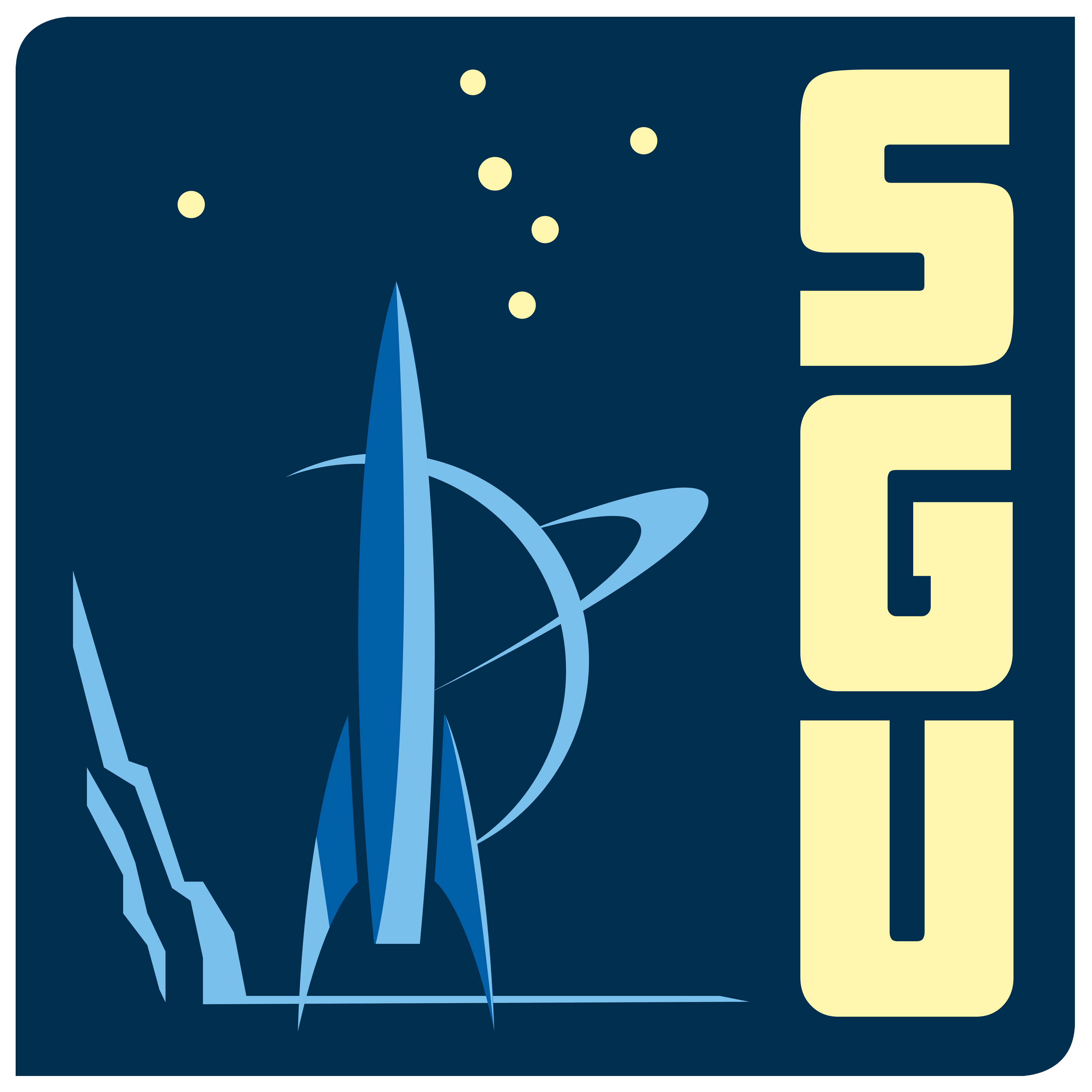Key Takeaways
- The podcast discussed the challenges and potential solutions for traffic congestion, including banning left turns and the use of roundabouts.
- The episode highlighted the dangers and inefficiencies of left turns at intersections, citing statistics on crashes and delays.
- A significant portion of the discussion focused on the potential for H5N1 bird flu to become a pandemic, criticizing current government approaches and emphasizing the need for established scientific protocols.
- The discovery of interstellar objects like Atlas provides a unique opportunity to study other solar systems and the origins of our own.
- The podcast explored the scientific challenges and progress in developing artificial blood products, particularly artificial red blood cells, and the therapeutic benefits of beekeeping.
Segments
Dumbest Word of the Week: Orthomolecular (~00:13:00)
- Key Takeaway: The term ‘orthomolecular’ is identified as the ‘Dumbest Word of the Week’ due to its association with pseudoscience in health and wellness, particularly promoted by figures like Chervin Jafari and linked to Novak Djokovic.
- Summary: Evan introduces ‘orthomolecular’ as the dumbest word, explaining its origins with Linus Pauling and its connection to theories about using high doses of vitamins to treat diseases, which is largely considered pseudoscience.
Banning Left Turns and Roundabouts (~00:25:00)
- Key Takeaway: Banning left turns at intersections is proposed as a more effective solution for traffic flow and safety than roundabouts, as it reduces dangerous angle crashes and inefficiencies.
- Summary: Kara discusses research suggesting that banning left turns can significantly improve traffic flow and reduce accidents, citing statistics on intersection crashes and the inefficiencies caused by left turns, while also touching on the benefits and limitations of roundabouts.
The Threat of H5N1 Bird Flu (~00:45:00)
- Key Takeaway: The current government approach to managing H5N1 bird flu, which involves letting it ‘rip’ through poultry farms to identify naturally immune animals, is scientifically unsound and increases the risk of mutation and human transmission.
- Summary: Jay details the severe threat of H5N1 bird flu, criticizing the proposed ’let it rip’ strategy by government officials as biologically incoherent and dangerous, emphasizing the need for established protocols like culling, surveillance, and vaccine development.
Interstellar Object Atlas (~01:15:00)
- Key Takeaway: The discovery of Atlas, the third interstellar object detected, provides a valuable opportunity to study objects from other solar systems and understand the origins of our own.
- Summary: Bob introduces Atlas, the third interstellar object discovered, explaining its hyperbolic orbit and the significance of these objects for understanding planetary formation and the potential for life beyond our solar system.
Artificial Blood and Beekeeping Therapy (~01:35:00)
- Key Takeaway: Significant scientific progress is being made in developing artificial blood products, particularly artificial red blood cells, and beekeeping is being explored as a therapeutic modality for mental health.
- Summary: The hosts discuss the challenges and advancements in creating artificial blood, focusing on the difficulty of replicating hemoglobin’s oxygen-carrying capacity and the recent breakthrough in producing nucleus-free red blood cells. They also explore the anecdotal and early scientific evidence suggesting beekeeping can be beneficial for mental health, particularly for veterans and at-risk youth.
Who’s That Noisy? (~01:58:00)
- Key Takeaway: The sound of termites banging their heads against wood as a warning signal was identified as the ‘Who’s That Noisy?’ for the week.
- Summary: Jay reveals the answer to the ‘Who’s That Noisy?’ segment: termites inside a piece of wood banging their heads to create a warning sound when the wood is tapped.
Tech Support and AI (~02:10:00)
- Key Takeaway: The increasing reliance on AI in tech support, while intended to save costs, often leads to a degraded customer experience due to premature implementation and a lack of human oversight.
- Summary: Steve shares an insider’s perspective on why tech support experiences have become frustrating, attributing it to the rushed implementation of AI systems that lack control and are optimized for upselling rather than customer satisfaction.
Science or Fiction (~02:20:00)
- Key Takeaway: The claim that space ice is entirely amorphous was debunked; while much of it is amorphous, recent research indicates it also contains nanocrystals.
- Summary: The panel correctly identifies the fiction as the claim that space ice is entirely amorphous, with the science being that while much of it is amorphous, it also contains nanocrystals, and the other two items about photosynthetic enzyme efficiency and kidney transplant treatments are also science.
The Process of Science (~02:35:00)
- Key Takeaway: Failures to replicate findings and challenges to published literature are normal and essential parts of the scientific process, helping to refine understanding and correct errors.
- Summary: Steve and the panel discuss the importance of scientific skepticism, replication, and the process of correcting errors, using examples like dinosaur DNA research and the benefits of beekeeping therapy to illustrate how science progresses.
